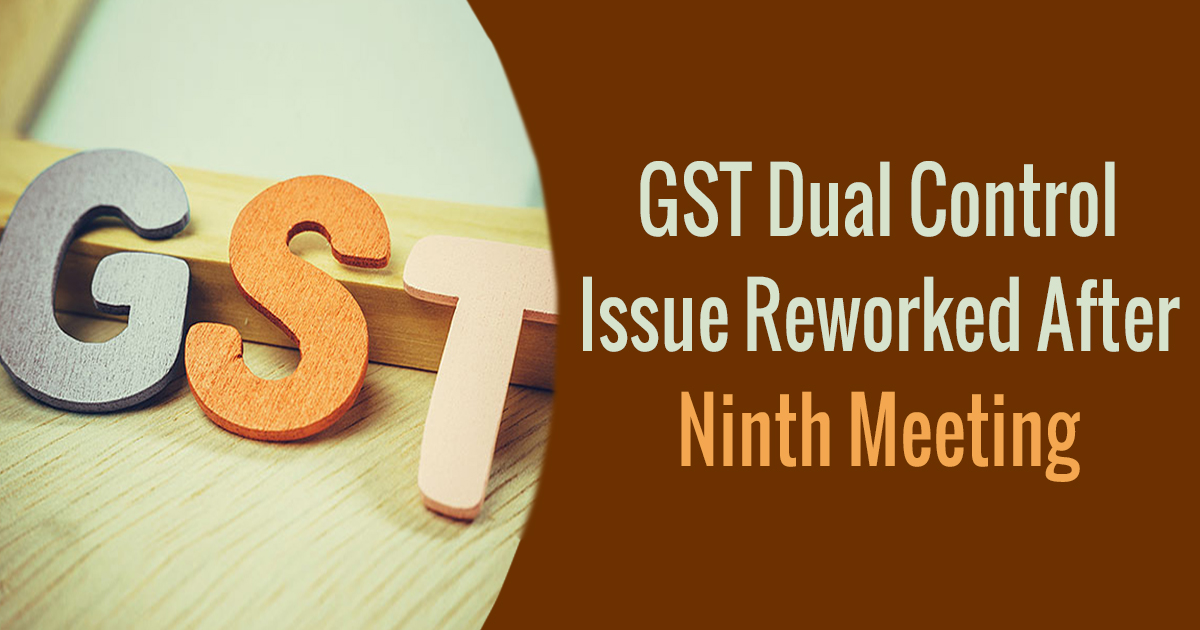In a term for good dedication, the government and council have thought to give some liberty as for the beneficial up gradation to the amendments. With some improvements in the mind, the council has come up with some idea or to say some tweak. In this states have been given the space to change the criteria for division of taxpayers after “consultation with Center” in regard to cross empowerment under the suggested Goods and Services Tax (GST).
The exact details conveyed were, “…those states wanting a different basis of division could do so in consultation with the Centre; the division of taxpayers in each state shall be done by computer at the state level based on stratified random sampling and could also take into account the geographical location and type of the taxpayers, as may be mutually agreed.”
The moments of the ninth meeting of the GST Council, happened on January 16, record that the states have been given this acknowledgement far beyond the settled upon 90:10 division of duty assessees underneath the yearly turnover edge of Rs 1.5 crore amongst states and Center, individually, and an equivalent division of assessees for a turnover above Rs 1.5 crore. For new registering entities, the Council has consented to do level with the division between the Center and the states. The distribution of taxpayers will be exchanged between the Center and the states at normal interims according to the choice of the Council.
Recommended: Gen GST Registration Utility for GST Migration & Registration
CBEC director Najib Shah was of the view that neither the Central nor state assess organization ought to be totally removed from any piece of the value chain keeping in mind the end goal to guarantee appropriate governing rules. Gujarat and Maharashtra expressed their inclination for the vertical division with control of two-third taxpayers with states and 33% of the assessees with the Center while Over the span of the talks, states, for example, West Bengal and Kerala bolstered the demand for elite control by states on taxpayers underneath the Rs 1.5 crore turnover limit.
Amid the examinations, he likewise expressed that there could be cross empowerment for giving assessment refund subject to understanding by the accounting experts. The fine print relating to the division will be examined in the tenth GST Council meeting on Saturday, wherein states and Center will finish the legitimately confirmed draft GST charges, taking after which the Center is probably going to present them in the second 50% of the Budget session of the Parliament. The legislature is constitutionally mandated according to the Constitution (One Hundred and First Amendment) Act, 2016, go to Parliament a year ago, to reveal the backhanded assessment administration by September 16 this year. The administration means to roll out the backhanded expense administration from July 1 this year.
The GST has been into the games of in and out from the certainty but from the specific viewpoints, there are some uncertainties that the GST council still has to resolve. The tax regime has some time to get the mandatory changes after there would be a long stretch of re-establishments for the structure shift.
